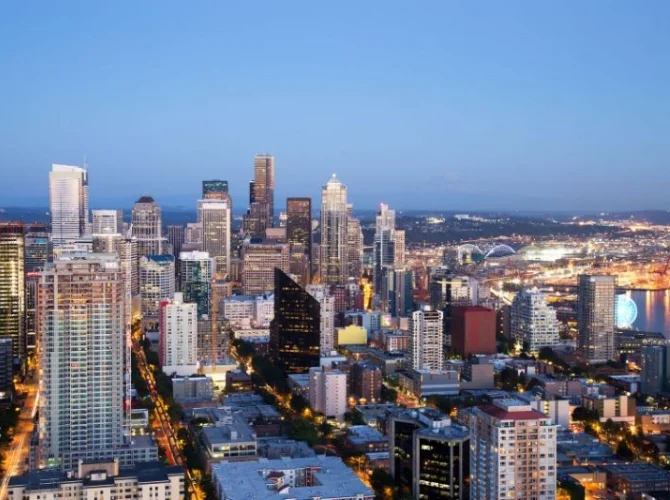background
Latin America and the Caribbean is comprised of 33 countries (full list here) and has a population of approximately 700 million, 28% living in extreme poverty. Latin America is currently experiencing a digital revolution. In 2015, 43% of households in Latin America were connected to the Internet. At the end of 2015, Latin America globally ranked the second fastest growing region for mobile usage. “However, the picture varies widely by country, with penetration currently as low as 28 per cent in Cuba, but above 90 per cent in markets such as Argentina, Chile and Uruguay.” Although the region has seen a boost in the digital mobile market, only about 200 million (33%) users subscribe to mobile broadband, while 363 million (57%) are covered but do not subscribe to mobile broadband, and 64 million (10%) are not covered by mobile broadband at all. According to a study of more than 20,000 people in 18 countries in the region by the Institute for the Integration of Latin America and the Caribbean of the Inter-American Development Bank, “57% of people in Latin America who use social media did not have enough to eat either ‘occasionally or often,’” and, “in addition, 51% of users of social media platforms such as Facebook, WhatsApp and YouTube did not have running water in their homes.”
Although the region is currently seeing a growth of digital technological advancements, many of the countries are simultaneously undergoing governance challenges. Internet freedom, privacy, and the “Right-to-be Forgotten” are among the issues affected by current Internet regulation in Latin America. In 2018, Latin America will experience 9 presidential elections. Alike the latest U.S. Presidential election, the Internet and social media are several key components leading up to election day. According to Brookings Institute, “It should come as no surprise that Cambridge Analytica, the behavioral, data mining, and microtargeting firm that played a relevant role both in the triumph of the “yes to Brexit” vote and Trump’s victory, has, for example, set up shop in Mexico, which faces a highly contested race; in the last two presidential elections in Mexico, there have been accusations of fraud and of campaign and voter irregularities.”
A growing campaign is underway to ensure populations in these countries are given this right to access information online. In particular, the Organizacion de Telecomunicaciones de Iberoamerica (OTI) is actively supporting the Organization of American States' (OAS) campaign "More rights for more people." The public-private partnership in the campaign to promote the right to information and freedom of speech is now even more critical as the Presidential elections in the region are underway. The fate of the free and open source Internet, among countless other social and economic issues, in these already fragile democratic countries lies in the outcomes of these elections. Private companies like OTI and organizations like OAS demonstrate the critical need for cooperative effort to ensure more people in the region to have access and to know how to access information on the Internet in order to understand the agendas and information about the presidential candidates.
Currently, in all courts in Latin America under the American Convention on Human Rights, information can be delisted from the Internet by demonstrating that delisting would be "better for democracy than allowing it to exist unedited in the public sphere." Also known as the "Right to be Forgotten," or the right to erasure. Political figures and those running for office have the ability and resources to argue their right to be forgotten via Article 13 of the American Convention on Human Rights to their advantage and delist information that could hinder their rise to power, and could hinder Internet freedom once in office. Although this would allow for private citizens to force search engines from removing unfavorable information about them, this also creates a precedence that could have a spiraling out of control effect. This right to be forgotten online and block any unwanted information from others' accessibility could hinder democratic values in Latin American countries.
globalizaton
internet regulations
digital divide
financial technology
social media
usaid latin america





